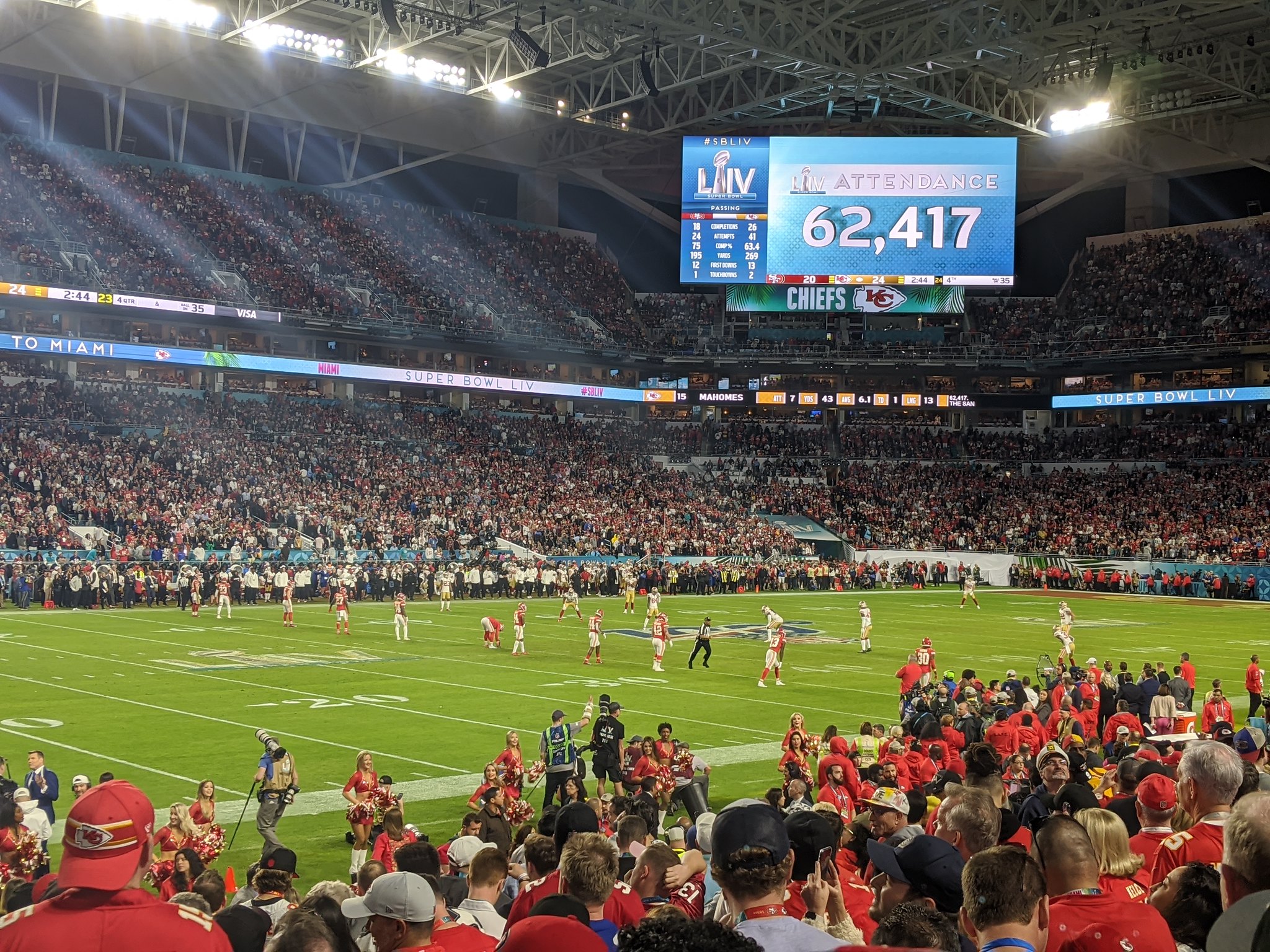Skift Take
Many destinations believe hosting major sporting events can help increase tourism. We looked into several examples.
The world’s most popular sporting events not only attract hundreds of millions of TV viewers, but they can also bring large numbers of travelers to host destinations. Skift reported that more than 330,000 people are expected to visit Las Vegas for the upcoming Super Bowl between the San Francisco 49ers and Kansas City Chiefs.
So how do sporting events boost tourism?
We posed the question to Ask Skift, our artificial intelligence chatbot. Ask Skift used information that appeared in our past news coverage, and we also conducted additional reporting.
Ask Skift Is the AI Chatbot for the Travel Industry
Go deeper into the business of travel with Skift’s new AI chatbot.
Ask Skift said:
Sporting events can significantly boost tourism in multiple ways:
Increasing Tourist Numbers: Major sporting events often attract large numbers of fans, participants, and spectators to a destination. For instance, the Las Vegas Grand Prix drew over 100,000 fans, and the Super Bowl in Las Vegas in February 2024 is projected to bring roughly 330,000 visitors.
Economic Impact: These events can inject substantial revenue into the local economy. The Las Vegas Grand Prix, for example, was expected to inject $1.3 billion into the local economy.
Upselling Tourism Products: Mega events, including major sporting events, present an opportunity to upsell tourism products. Bundling offerings on a platform, rather than selling separate tickets, can provide a seamless booking and entertainment experience, potentially increasing tourism spending within a destination.
Promotion and Brand Recognition: These events offer global consumer reach, encouraging travel and promoting brand recognition. They can also align with major events or holidays that have widespread appeal or recognition, which is a promising way for travel brands to reach new consumers and increase sales.
Extended Stays: If the event is hosted in a city with many attractions, festivals, and activities, attendees may extend their trips, providing opportunities for upsell, additional activities, and a greater experience.
What Else You Need to Know About Sports Tourism:
UN Tourism has called sports tourism one of the fastest-growing sectors in the travel industry, and it’s projected to grow 17.5% between 2023 and 2030. The sector already represents around 10% of the global expenditure on tourism.
“The sport tourism market will continue as long as new opportunities to play and compete exist,” Lisa Delpy Neirotti, professor and director at George Washington University’s Sport Management Program, told CNBC, adding a major goal of sports tourism is to increase visitor numbers in slow or shoulder periods.
Singapore is one destination that received a tourism boost from a sporting event held in its shoulder season. The city-state saw hotel rates climb to $440 on average during its annual Formula One race weekend last September, with most hotels topping 90% occupancy rates. Singapore’s $366.5 million of overall hotel room revenue in September surpassed July 2023’s mark of $360.2 million.
Hotels in India experienced a sports-related boom last year via the Cricket World Cup. Hotel rates across most major Indian cities were two to three times higher in October and November than during the same period in 2022. India-based hotel operator Oyo was expected to add 500 new properties to its portfolio before the tournament to capitalize on the enormous travel demand. MakeMyTrip announced it was expanding its inventory of homestays.
Destinations also view sports as a vehicle to reach their tourism targets. Morocco’s Minister of Tourism Fatim-Zahra Ammor said co-hosting the 2030 FIFA World Cup with Spain and Portugal would help the North African nation accomplish its goal of doubling its visitor numbers by that year.
In addition, hosting major sports events can be a boon for local economies, not just tourism industries.
Officials in Arizona said Super Bowl 57 festivities in February 2023 helped generate up to $1.3 billion for the local economy. Visitors coming to the state during Super Bowl week last year spent over $220 million in Arizona, according to the Arizona Super Bowl Host Committee.
The 2026 FIFA World Cup is also projected to be a big economic boon for the 16 North American cities hosting matches. A study by the Boston Consulting Group found the tournament should generate between $90 million and $480 million in net economic benefit for those cities.
And major sporting events could help boost tourist numbers well after the competition ends. Visitor numbers in the Italian region Piedmont — home of the 2006 Winter Olympics host Turin — jumped from 3.3 million in 2006 to 4.3 million in 2012.
Barcelona has also gotten a large tourism bump over the years in part from hosting the Olympics. Spain’s second-largest city welcomed 1.7 million overnight visitors in 1990, two years prior to hosting the Summer Olympics. It attracted 12 million visitors in 2019.
More From Ask Skift
Ask Skift Is the AI Chatbot for the Travel Industry
Go deeper into the business of travel with Skift’s new AI chatbot.
Get Skift Research
Skift Research products provide deep analysis, data, and expert research on the companies and trends that are shaping the future of travel.
Have a confidential tip for Skift? Get in touch
Tags: ask skift, olympics, sports, sports tourism, super bowl, Travel Trends, world cup
Photo credit: An image from Super Bowl 54 between the San Francisco 49ers and the Kansas City Chiefs. The two teams will face off in the upcoming Super Bowl. elisfkc2 / Flickr
